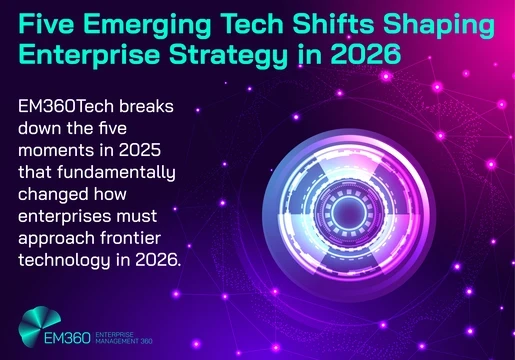Hybrid cloud is sweeping across enterprise skies, with many organisations adopting it as part of their agility strategy. In fact, the shift is so significant that it speaks volumes about the future of enterprise. Organisations are turning to cloud due to the growth of cloud and industrialised services, as well as the abandoning of traditional data centre outsourcing. Of course, as with many IT implementations, the premise is nice, but the adoption, not aways so much. With hybrid being the clear direction, it's important to be familiar with the considerations that hybrid brings.

Saying hello to hybrid
Hybrid enables organisations to get the most out of public and private cloud deployments at the same time. However, implementing cloud technology is no easy feat, let alone hybrid. One of the main hesitations is that cloud implementation requires a shake up to your current practices. Not only that, but it also necessitates investments in new tools and staff, and perhaps some training. What's ironic is that this is still necessary even if you're looking to run the same applications on conventional systems. Some organisations may have an aversion based on the data security risks that hybrid cloud comes with. In particular, cloud increases complexity and, in turn, your security's complexity too. This is because hybrid cloud environments expose data to risks, whether it's in transit or not. To make matters worse, there isn't exactly any blanket solution to account for the threat hotspots it introduces. Thus, it's not uncommon to require multiple solutions to cover all bases. You could also say the same about the complexity of integration. It is very much a case-by-case basis, so you have to find the strategies that work best for you. For example, when it comes to your heftier data migrations, there is more than one way to navigate it. Strategies include incremental loading, parallel processing, and external key cross referencing. However, as overwhelming as it may all seem, it's worth it in the end. With hybrid cloud, organisations can enjoy the best possible scalability and flexibility available today, without a heinous cost.







Comments ( 0 )